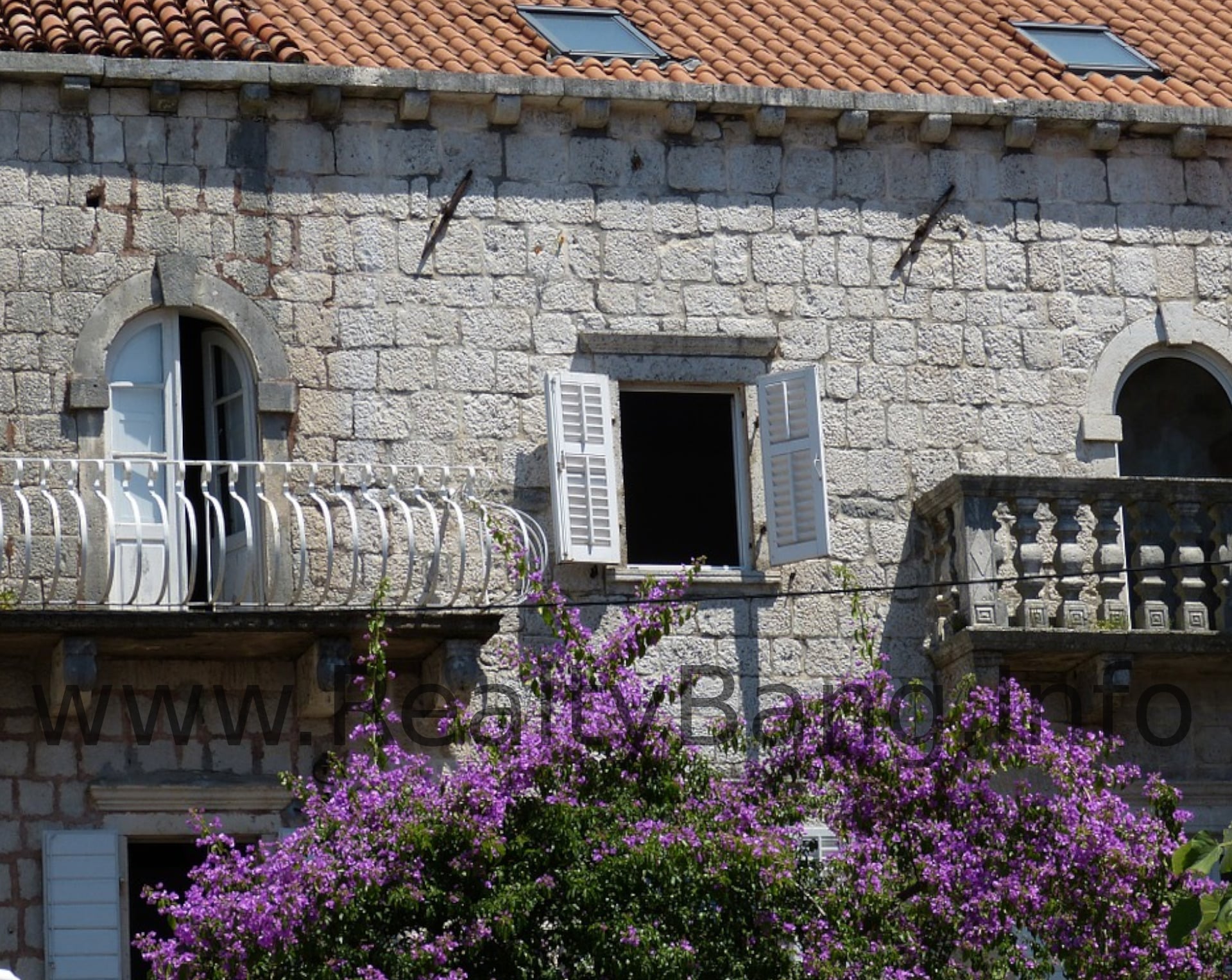Buying property in Montenegro: Buying a property is a tremendous investment and a great step. Certainly, if it is located in a country you are unfamiliar with.
Unusual legal procedures, varying terminology, and there may always be important considerations that location matters most. Montenegro is a great place to live with a very simple real estate system.
A property can be a house where you live or at least a significant part of your portfolio, so don’t purchase without doing your research.
Benefits of buying property in Montenegro
Before we dig deeper into the other details of how, how, and why to buy a home in Montenegro, let’s spend a moment on why. The list of reasons to purchase property here include:
- NATO membership brought inflation in foreign interest which has been great for the property market. This indicates you have a good opportunity of making money when it comes time to sell.
- Sources say the rental yield on Montenegrin properties ranges between four and eight percent, the highest in the region.
- Real estate in Montenegro has a relatively low, flat capital gains tax of 9%.
Types of property for sale in Montenegro
There is a broad range of homes for sale in Montenegro. Many real estate listings in English are in tourist areas and are geared towards vacationers or those looking for an income property. Dig deep and you’ll find a variety of options.
Some of these are:
Townhouse: This is a term commonly used for homes outside the city center, which are approximately 2,000 square feet and have been recently built.
Villa: These are usually larger than townhouses, closer to the city center, often include a walled garden, and may have features of an older building such as stone walls.
Plots of land: Obviously, this is your opportunity to build whatever you want. Keep in mind that foreigners should buy land from a registered company.
Ruins: Old houses, almost always made of stone, which required very significant renovation to create a distinct category of real estate in Montenegro. Keep in mind that you’ll need to find qualified craftsmen to do the renovations.
When renting a property in Montenegro, it is important to keep the local terminology in mind. Older, more traditional apartments may be listed as “one-bedrooms” even though the bedroom is meant to do double duty for both the sleeping and sitting room.
When Buying Real Estate in Montenegro
Broadly speaking, the properties you want to buy fall into three areas. They are in:
- Popular tourist areas along the coast.
- The capital of Podgorica.
- Small towns and Montenegrin countryside off the coast.
- It is best to look at property buying options in Montenegro through these lenses as there are clear differences in price and selection between the three.
Popular tourist areas to buy property in Montenegro
A look at the Montenegro property market report quickly reveals that a huge amount of investment is taking place in Montenegro. Equally, tourists are flocking to sunny coastal areas and, with a good property manager, there is a strong potential for rental income.
If you spend any time reading about Montenegro tourism, you’ll inevitably see Ed Cumming’s quote in the Daily Telegraph about a country that felt like the French Riviera 50 years ago. Specifically, the tourism boom is centered around:
- The Gulf of Kotor, especially in Tivat and the city of Kotor itself.
- Budva covers about 8 miles of shoreline along the Adriatic coast with its nearby “Budva Riviera”.
- Bar and a seaside bar near Ulcinj, which are slightly less popular among English-speaking tourists but have Russian fans.
- Now is probably the time to buy if you want to choose a tourist-friendly property in Montenegro. There is still a significant discount on those versus nearby Croatia, and there are local property management services available, so it shouldn’t be a burden.
Where to buy in Podgorica, the capital of Montenegro?
For a metro area of only 190,000 citizens, Podgorica has a relatively long list of isolated neighborhoods. If you think you are looking to buy a home in Podgorica, paying attention to the characteristics of the area will help narrow your search.
For example, blocks 5 and 6 are known as family-friendly areas; Pod Gorikom is a typical mountainous enclave, but Tolosa has been affected by poor urban planning, which has caused some roads to be built without footpaths or drainage.
There is some tension between the protection of the natural environment in Podgorica and the permission for development. So, if you’re particularly keen on green space or think it will be a big factor in resale value, it makes sense to pay careful attention to growth patterns.
Don’t imagine renovated villas with parks across the street and houses on either side will always have such charming neighbours!
Where else to buy property in Montenegro
With approximately 57,000 inhabitants, Niksic is the second-largest city in Montenegro. Like other parts of the interior, it is slowly transitioning into an industrial economy and has a lot of properties for sale.
The tourism potential is not as strong as near the coast, but there are plenty of properties here that can be great investments.
Can foreigners buy property in Montenegro?
Yes, If you want to buy a property that is on a parcel of land, such as a house, you will have to do it through a registered company. This means working with an attorney on an additional (but straightforward) step in the process.
The requirement for foreigners to own property through a company only applies to land, not apartments. These may be wholly owned by him, not Montenegro.
Fees you pay when you buy property in Montenegro
Real estate transactions in Montenegro involve a standard set of taxes and charges that you might expect to pay elsewhere. They are:
- For existing properties only: Transfer tax of 3% of the assessed value.
- For new properties only: 21% VAT of purchase price.
- Notary fee of approximately 0.01% of the property value.
- Lawyer fees typically run from €100 to €1,000 per transaction.
- The seller will pay a fee of 3 – 6% of the value of the property to the real estate agent.
- Therefore, as a buyer, you can expect your taxes and charges to add up to less than 3.1% to the price of older properties and less than 19.1% to the price of newly constructed properties.
Steps to Complete a Real Estate Transaction in Montenegro
Here property transactions are governed by the law of ownership and ownership rights. Typically, most sales will have these steps:
- The buyer gets a property they want to buy.
- An offer is made and the buyer and seller negotiate the details.
- A deposit amount of up to 10 percent of the purchase price is paid by the buyer.
- The buyer’s attorney confirms that the property is suitable for sale. Given Montenegro’s turbulent history, it should come as no surprise that some properties have a complicated ownership record. If your attorney feels it is not suitable for sale, your deposit will be refunded.
- A sale and purchase agreement is drawn up and signed by both parties. The buyer pays to have it notarized.
- Payment is made according to the schedule set out in the sale and purchase agreement.
- Real estate business tax of 3 percent is payable within 15 days of signing the sale and purchase agreement.
- The buyer’s lawyer registers the transaction and transfers the title deed.
What you need to understand about purchasing Montenegrin real estate
- Buying property in Montenegro is a fairly straightforward matter.
- You will need to hire an attorney and will benefit greatly from working with a trusted real estate agent.
- Land transfer taxes are reasonable and a wide range of options are available.
Know eveything about Montenegro and information about Buying property in Montenegro at https://en.wikipedia.org/wiki/Government_of_Montenegro



